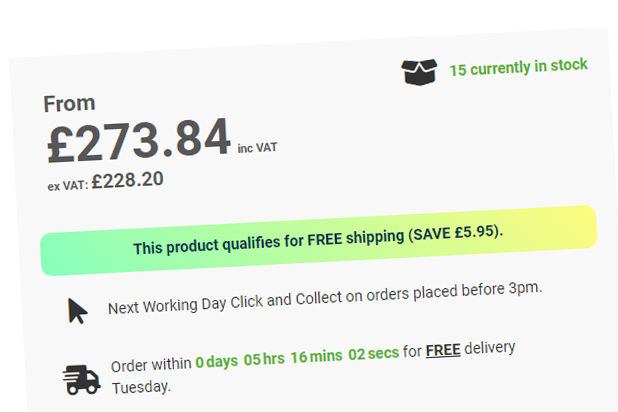E-Commerce is still a growth industry and as such there is a huge range of both proprietory and open-source e-commerce platforms that are available for you. We use, and build with these systems on a daily basis and are well positioned to comment on some of the key areas you should look out for in your platform.
Stand Alone or Bolt-On?
You might not think this is the most important part of deciding upon an e-commerce platform to use. Remember though that you are likely to be using this on a daily basis and depending on your market will be relying on this in order to manage promotions, special pricing, banners, products, sales.
Your dashboard may differ in functionality depending on the type of platform you look at, some shopping baskets bolt on to existing content management systems (e.g. wordpress, cmsmadesimple, drupal). These are typically geared towards small scale e-commerce, booking a class, paying for an e-book etc. As a result your bolt on e-commerce platforms often have a rather limited feature set. That said, if you don’t see the number of products and feature set need expanding exponentially any time soon then this could be a good fit for your business.
If you are looking for a more comprehensive, stand alone e-commerce website then you may well look towards some of the solutions most popular right now. At Design that fits we specialise in magento web design. Magento is a great e-commerce solution with an exceptionally rich feature set, useful reporting tools and enables you to have full control over your design. It’s account dashboard is easy to use and provides nearly everything you could ask for out of the box. It will often require a more vested effort to get your site up and running as with the extra features comes a lot more to think about.
Adding / Importing Products
For us, this often overlooked process when considering your e-commerce solution is utterly critical in the longevity of your website. If the import and update process is cumbersome then you are much less likely to keep your products up to date – and if your products aren’t up to date then your visitors will start to shop elsewhere!
When we start with a new e-commerce project, it’s typical that the customer requires an initial import of all their products, when dealing with a list of several thousand items its impractical to add these manually, even if the WYSIWYG style Add/Edit/Delete management of your products is good, you still need to think about this initial step. Luckily all of the systems we’ve used have mass import features which is a testiment to just how important it is – Be sure to give your potential system a dry run and see how it copes, the last thing you want to do is build your site only to realise you’ve got to add your thousands of products manually!
Search Engine Optimisation
Look out for some basic, and pretty much standard features that are present in all good content management systems nowadays. Some ecommerce solutions haven’t got these yet, if you don’t look for them you could hinder the progress your site makes:
- SEO Friendly URLs – These replace dynamically generated URLs of olde (e.g. products.php?id=52) with something that can include keywords and relevant text (e.g. /bicycles/red-girls-bicycle/) .
- Canonical URLs – These enable your site to specify the page that search engines should track (useful when you have a single page that can be accessed via a number of URLs).
- Category Pages – If your system allows it, make the most of your category page and ensure you enter as much information as possible.
- Google Analytics integration – This can be as simple as entering your tracking id or tracking code into the page templates, a great – free – tool to help you analyse your website visitors.
- XML Sitemap – Not as important as it used to be as search engine spiders/bots are more than capable of uncovering most of your website pages. That said, its still a useful box to tick and ensures piece of mind that the SERP has a list of all your pages.
- Image alt tags – With the emergance of the likes of Pinterest and old favourites google image search, imagery is becoming an increasingly important ranking factor. Make sure your image alt tag is descriptive and relevant to your page content.
Scaleability / Addon Features
If your long term plan is to expand your e-commerce offering, perhaps launch multiple sites, increase your product database or add extra features to engage your visitors its useful spending an hour to see exactly what the system can do beyond its initial feature set should the need emerge.
Some e-commerce platforms have a range of addon modules, some paid, and some created by the community that can enhance productivity, add extra payment methods, shipping options or product types. The system we use for our larger projects – Magento, has an active community and a wealth of addons available via its Magento Connect website.






